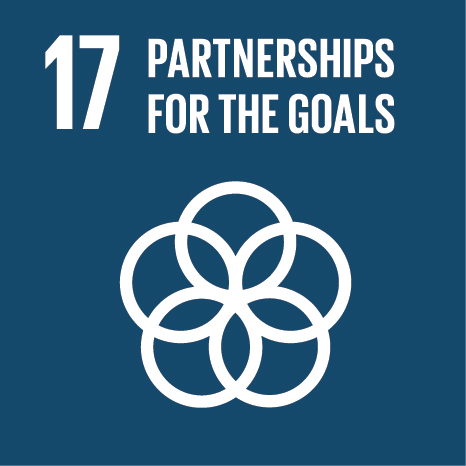Ciência_Iscte
Publications
Publication Detailed Description
Sharing economy: The establishment of organizational identity overtime, considering identify claims and legitimacy granting
13th International Conference on Social Sciences
Year (definitive publication)
2017
Language
English
Country
Austria
More Information
Web of Science®
This publication is not indexed in Web of Science®
Scopus
This publication is not indexed in Scopus
Google Scholar
This publication is not indexed in Google Scholar
This publication is not indexed in Overton
Abstract
The Sharing Economy (SE) has been growing at an impressive rate across the globe (Cohen & Kietzmann, 2014) and emerging as a new and rapidly growing sector of the economy (Hira & Reilly, 2017), which has the effect of attracting the attention of the scientific community over the last few years. An increasing number of studies on the topic have been brought to light helping to document and analyse how SE manifests and evolves across various economic systems, thus, contributing to refine and recast existing management theory (Mair & Reischauer, 2017). Nonetheless, there still is a lack of common understanding of SE and its underlying mechanisms (Knote & Blohm, 2016). As an emergent category, SE has been contoured by being a mutant process, as it has been crafted by multiple and distinct temporal identity and legitimacy events, mechanisms and claims. Showing signs of being an on-going process of evolution, there is a constant need for further research on identifying new developments in the evolution of SE considering both identify claims (self-referential) and legitimacy (granted by stakeholders), which would offer additional comprehension about the SE phenomenon. In this research, we address these by studying what is the role of SE in establishing the identity of organizations belonging to the field, considering both identify claims (self-referential) and legitimacy (granted by stakeholders)? To answer this research question, we designed a research involving two components inspired on category creation studies (Durand & Paolella, 2013; Glynn & Navis, 2013; Navis & Glynn, 2010; Kennedy & Fiss, 2013; Kennedy et al., 2010; Lounsbury & Rao, 2004; and Wry et al., 2014): 1) four prototypical SE organizations were selected, each of them belonging to Schor’s (2014) four SE archetypes of activities. Respectively: (i) Airbnb – peer-to-peer, for-profit activity –, (ii) Zipcar – business-to-peer, for-profit activity –, (iii) TimeBanks – peer-to-peer, non-profit – and (iv) Make: makerspaces – business-to-peer, non-profit. The evolution of their identity claims were content analysed, using data from their publically available reports, as well as, other secondary data available on-line; and 2) considering the same set of SE organizations, legitimacy evolution was analysed considering how scientific community, investors, customers, media, other analysts and other interested audiences have been constructing category meaning to them, conferring the formation of SE categorical and organizational identities, and perceptions about the viability of their business models (Tripsas, 2009, as cited in Navis & Glynn, 2010). In short, it was analysed how audiences assess the viability of SE categories and organizations and can grant or withhold legitimacy to SE organizations (Zuckerman, 1999, as cited in Navis & Glynn, 2010). This paper presents a new layer on framing a detailed understanding of the SE field in its maturing dimension, thus, meeting Mair and Reischauer’s (2017) call for studying the SE, unpack and make sense of an inspiring and complex phenomenon and thereby to advance and refine existing theory.
Acknowledgements
--
Keywords
Sharing economy,Identity claims,Legitimacy granting,Prototypical organizations,Stakeholders
Fields of Science and Technology Classification
- Economics and Business - Social Sciences
- Other Social Sciences - Social Sciences
- Other Humanities - Humanities
Funding Records
| Funding Reference | Funding Entity |
|---|---|
| UID/GES/00315/2013 | Fundação para a Ciência e a Tecnologia |
Contributions to the Sustainable Development Goals of the United Nations
With the objective to increase the research activity directed towards the achievement of the United Nations 2030 Sustainable Development Goals, the possibility of associating scientific publications with the Sustainable Development Goals is now available in Ciência_Iscte. These are the Sustainable Development Goals identified by the author(s) for this publication. For more detailed information on the Sustainable Development Goals, click here.

 Português
Português




